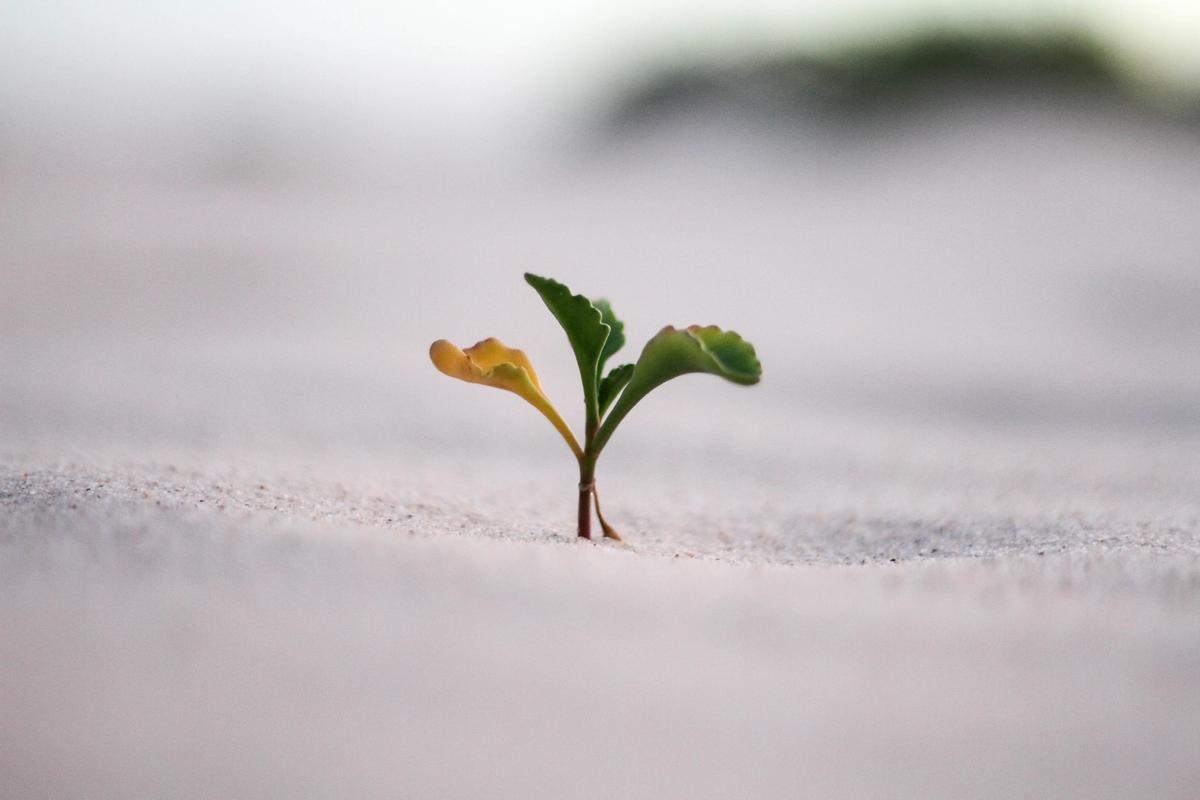Imperfect times create perfect learning opportunities
In an ideal world we focus, plan, execute and get things right first time, we have time for preparation, set clear expectations, a tidy timeline, deliver and hopefully delight the customer with our work. But, be honest, even when we were working in steady times, did that really happen? Whether it is navigating our current evolving and challenging times, applying for a role and not getting it, trying out a new project and not getting the results we expected. We are thrown off-balance, it’s tough, it’s disappointing. But while we may not have the capacity to control what is happening, we always have the capacity to learn from it.
Learning at work and in our lives, might be comfortable when everything runs smoothly, but it is most impactful at times of transition, dilemmas, and challenges. These are times when we are open to accepting some imperfection, seek constant improvement, adapt, and we learn as we go.
Right now, many of us are having some gnarly conversations about how to make things work within our current constraints. We try something, spot a problem, adapt, tweak, tinker and make changes to the plan and try again. Imperfect times make it safe to say, “this doesn’t really work, let’s try something else” This willingness to explore possibilities is an agility we should nurture, it is a form of learning even if it isn’t always comfortable.
Then it becomes – What have we learned from our experience? Was it - “We’ll never try that again!”, “That opens an interesting opportunity”, “I hadn’t looked at it that way before”, “It’s a good idea to drop that priority and focus on …”. If our responses are short-lived knee-jerk and emotional, forgotten just as rapidly as they popped into our head, then it isn’t learning.
Learning happens when we process our experience, collective learning happens when we have conversations about the shared experiences, in so doing we also learn about our teams’ needs, roles, priorities and possibilities. Processing our experiences creates a shared story, helps us to make sense of a situation. Making sense of a situation improves well-being, and has the potential to create new knowledge, practices, or routines for our teams. Experimenting, as many of us have to do right now, provides an opportunity to ‘talk about our work, while we are at work’. A practice that sounds so simple, and its influence is hugely underestimated.
To actively learn from our experience we need to deliberately:
- Replay the experience to harvest the evidence, allow space for emotion such as disappointment, annoyance, but don’t stay in the emotion for too long, find ways of acknowledging emotion and moving to description.
- Describe what has happened, outline the steps and stages. This isn’t a critique, and it is not a collection of opinions, it is an evidence-based timeline, if we are working with others this provides a shared understanding of what has happened. So often in the workplace, even in comfortable times we may have gaps in our understanding of each other’s work, these conversations put us all on the same page.
- Acknowledge the surprises, identify the successes and celebrate them.
- Talk honestly about the challenges, how we overcame difficulties and what we could do better next time.
- Articulate and share what have we learned, what is new or different in the ways that we work as a result of the experience.
- Transfer the insights, practices and new ideas into new and different circumstances, making sure that the next steps embed the learning into new routines, practices and ways of working.
When we have intentional learning conversations, keep an open-mind and remain curious, we can truly harness the learning from our experience and create innovative ways of working. Shared accountability becomes a natural step in the process, without tension, avoidance or blame.
So, the next time you change a schedule, fix a gap, trial something new and it is imperfect, make it a regular and safe routine to talk about what happened, what went well and what you would improve. Use it to build the team, understand each other’s work, and explore how we will transfer our learning to future situations. In the words of Winston Churchill “never waste a good crisis”, maybe use it for some new ways of working instead.
At NZIM we use these processes regularly in our in-company coaching and learning frameworks. In the Leadership Academy programmes we apply different approaches to professional conversations and debriefing models, in the Team Leader series, Leader as Coach (https://www.nzimleadership.co.nz/programmes/60/993/leader-as-coach) and Courageous Conversations (https://www.nzimleadership.co.nz/programmes/15/1004/courageous-conversations).
